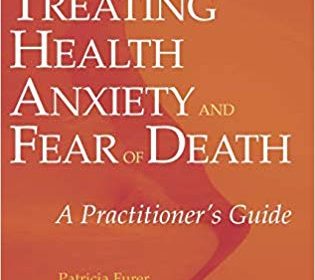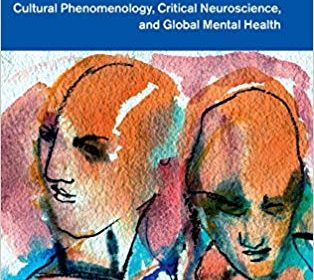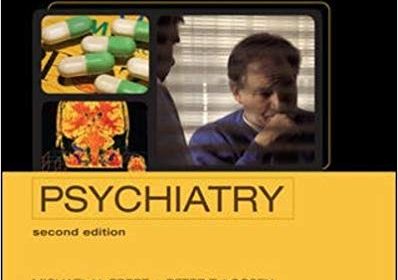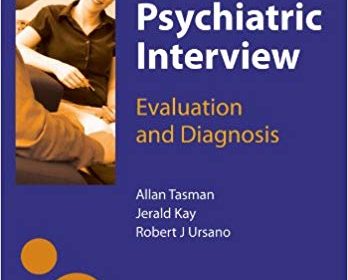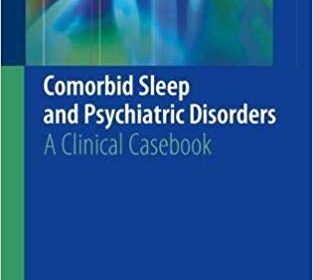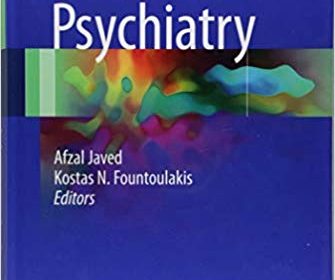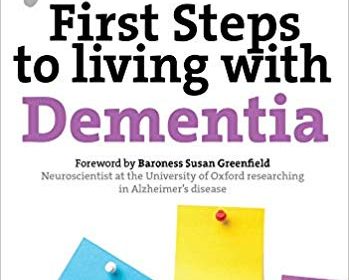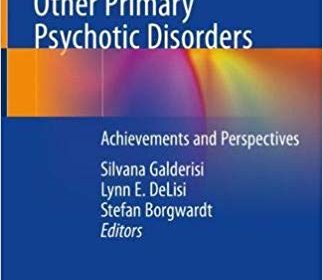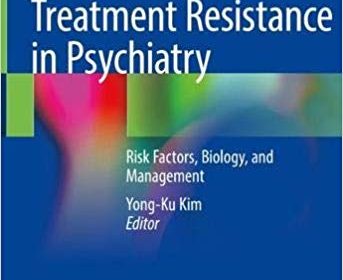[amazon_link asins=’3030109518′ template=’ProductAd’ store=’aishabano-20′ marketplace=’US’ link_id=’757e0867-0045-4fba-9111-5a6e6da3dacb’]
Early Career Physician Mental Health and Wellness: A Clinical Casebook 1st ed. 2019 Edition
DOWNLOAD THIS MEDICAL BOOK HERE
This casebook tackles the common psychiatric illnesses that physicians experience during these early stages of their careers. The cases carefully present guidelines for assessment and management, along with clinical pearls and resources for further reference. Written by experts in the field, the text is designed to be valuable for physicians engaged in medical education and training, and specifically for the psychiatrists who provide care for other physicians. Each chapter includes a unique case and discussion. Topics include: onset of a mood and or psychotic disorder, life transitions, trauma in care, physician suicide, anxiety, and other issues that are part of the experience of young adults developing their personal and professional identities.
Early Career Physician Mental Health and Wellness is an excellent guide for all physicians interested in mental health and wellness, including psychiatrists, psychologists, training directors, hospital leadership, mentors, students, residents, and others.
